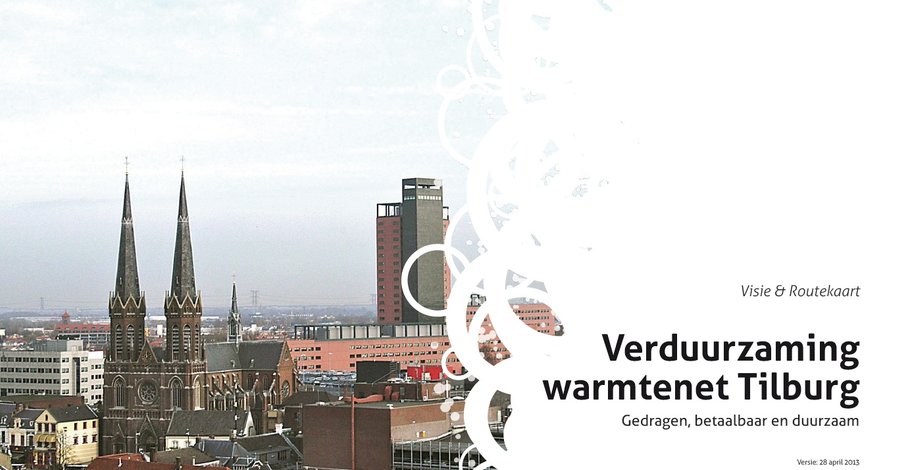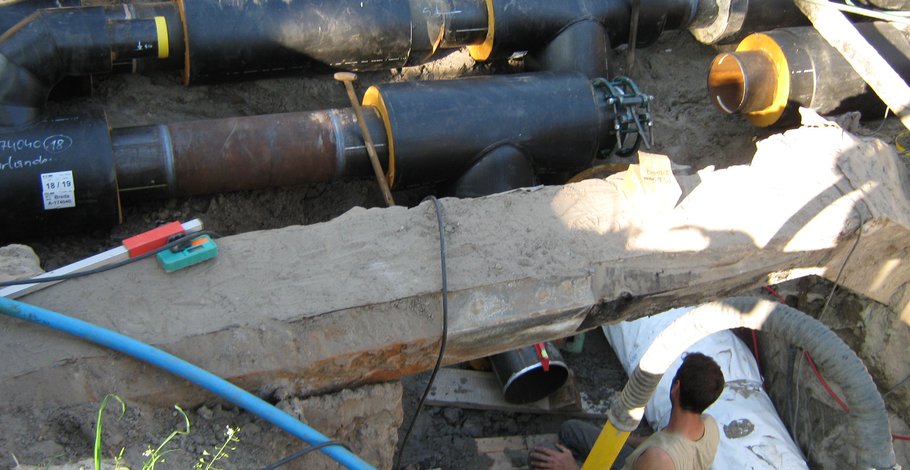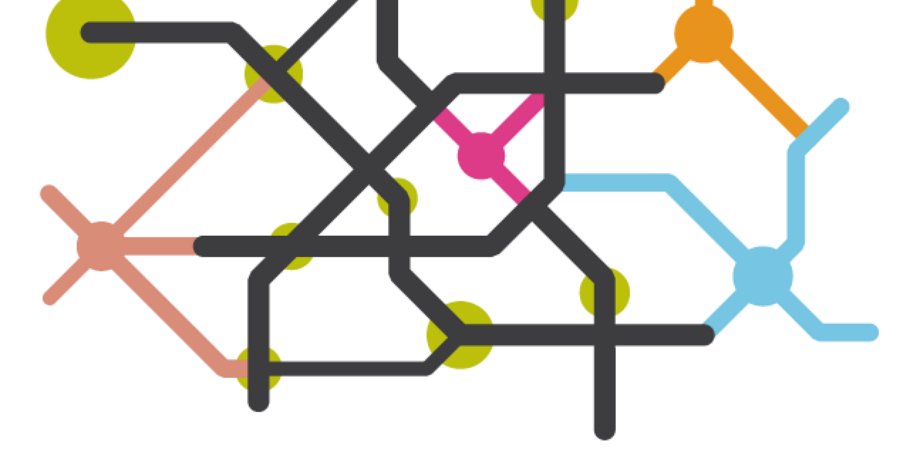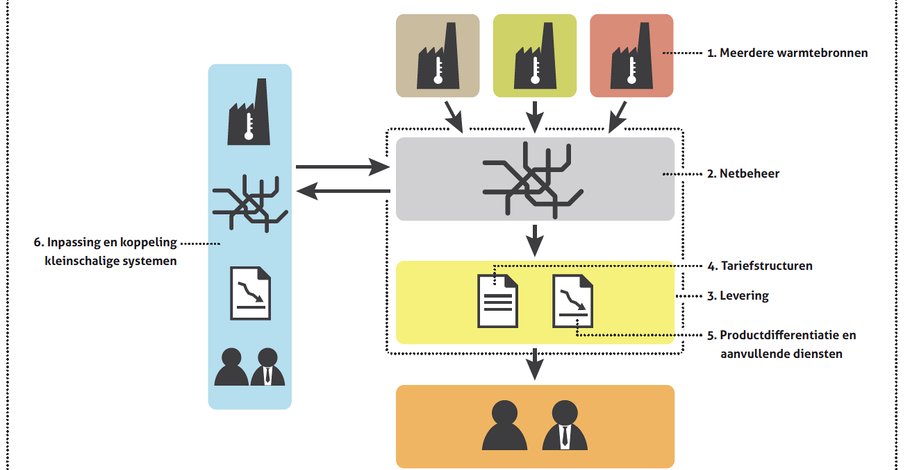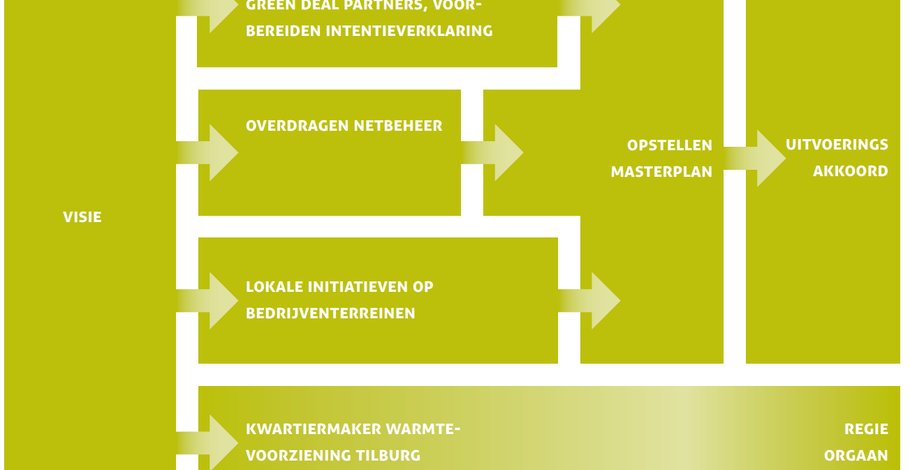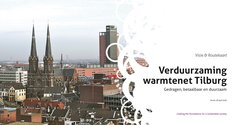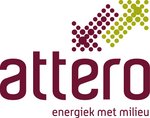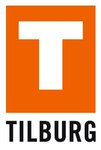
District heating vision Tilburg
Project > Sustainable, fair, and affordable
This project researches a sustainable district heating system in the Dutch city of Tilburg, developed with our consortium partners.
The vision includes both ecological and social sustainability, and functions as the starting point for all parties involved to cooperate toward a sustainable and carbon neutral heat provision.
The vision visualizes the relations between all essential elements and stakeholders of the city's underground heating system, and maps how each potential pathway impacts the desired goals. It offers a clear roadmap for the implementation of its trajectory.
We developed the vision based on precedent research, an expert meeting, stakeholder interviews, detailed business case calculations for different scenario's, and a stakeholder feedback session. We worked with local stakeholders to develop and assess the vision to ensure a commonly shared vision.
The road map enables the implemenation of the vision. The visions document is richly illustrated and great care has been taken to generate insight in the vision and the reasoning behind it.
The vision is developed for:
- Essent B.V.
- Municipality of Tilburg
- Attero B.V.
- Brabant Water
- MOED
Note: all published documents are in Dutch.
Media & Downloads
Reference Projects
Sustainable Schiebroek-Zuid
We developed a sustainabile conversion and development plan for the post-war social housing area Schiebroek-Zuid in Rotterdam. The project provides a flexible and exemplary roadmap for converting the neighborhood into a self-sufficient and sustainable area. It applies innovative energy solutions, urban farming, social and economic programs, secondary currencies, and adaptive redevelopment strategies.
This project was commissioned by housing corporation Vestia and agricultural research network InnovatieNetwerk.
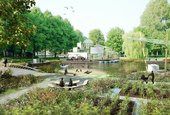
Netherlands CO2040
What key projects are necessary to make the Netherlands CO2 neutral in 2040? That was the central and massive question put before Except and Posad by the Dutch ministry.
By applying network and system-analysis a surprising single answer was found: a more transparent, decentralized and accessible data-system is needed to make this happen.
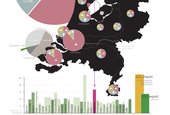
Exemplary Neighborhoods
Under the name of Excellent Areas ("Excellente Gebieden"), a number of Dutch home construction companies and municipalities are engaged in an experiment to use the building standards of 2015 and 2020, today. By the nature of these future building standards, there is much to learn for these actors before they can profitably apply them.
AgentschapNL is the facilitator of the Exemplary Neighborhoods project, and they asked us to evaluate the instruments they have set up for the learning trajectory.
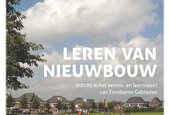
Infographic: Wind and Local Economy
For Eneco Wind we visualized the local impacts of wind turbine development in a visual infographic. The graphic is used by Eneco Wind in conversations with local stakeholders, and helps to guide the conversation to address all topics and impacts. Using the graphic to guide the conversation, all parties become well informed before deciding on wind turbine development.
By providing honest and complete information Eneco Wind aims to increase support for wind energy from local stakeholders.
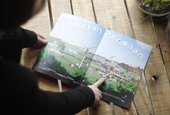
Carpet sector roadmap
Together with MODINT and DNV we mapped the Dutch carpet sector and developed a road map to a circular carpet industry in 2030. We used system mapping and visualization techniques to bring at-a-glance insight to the stakeholder meetings. With this insight we plotted interventions to transition the industry towards a circular and bio-based industry within two decades.
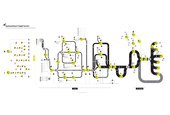
Atlas Natural Capital
The Dutch online Natural Capital Atlas offers hundreds of maps that portray ecosystem services in the Netherlands. The Ministry of Infrastructure and the Environment, initiator of the Atlas, wants to further develop the website with users. We guided a consultation process with municipalities and companies to identify their needs, and wishes. Results are a crystal clear list of directly implementable recommendations for accessibility, categorization, expanded data needs, interactivity and functionality.
Download the report (in Dutch) with our findings at the bottom of the page.
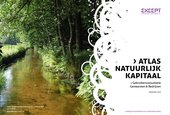
Contact
Except
Integrated Sustainability
 +31 611 006 125
+31 611 006 125
Client & Partners
-
Sustainable Schiebroek-Zuid
Redevelopment of post-war social housing -
Netherlands CO2040
The country CO2 free in 2040? -
Exemplary Neighborhoods
Learning from New Building Standards -
Infographic: Wind and Local Economy
Creating support for wind energy -
Carpet sector roadmap
Mapping the carpet sector towards 2030 -
Atlas Natural Capital
Improving online resources for natural capital
Team
-
Gerard Vink
Communication Strategist
-
Michiel van der Vight
Senior Associate
